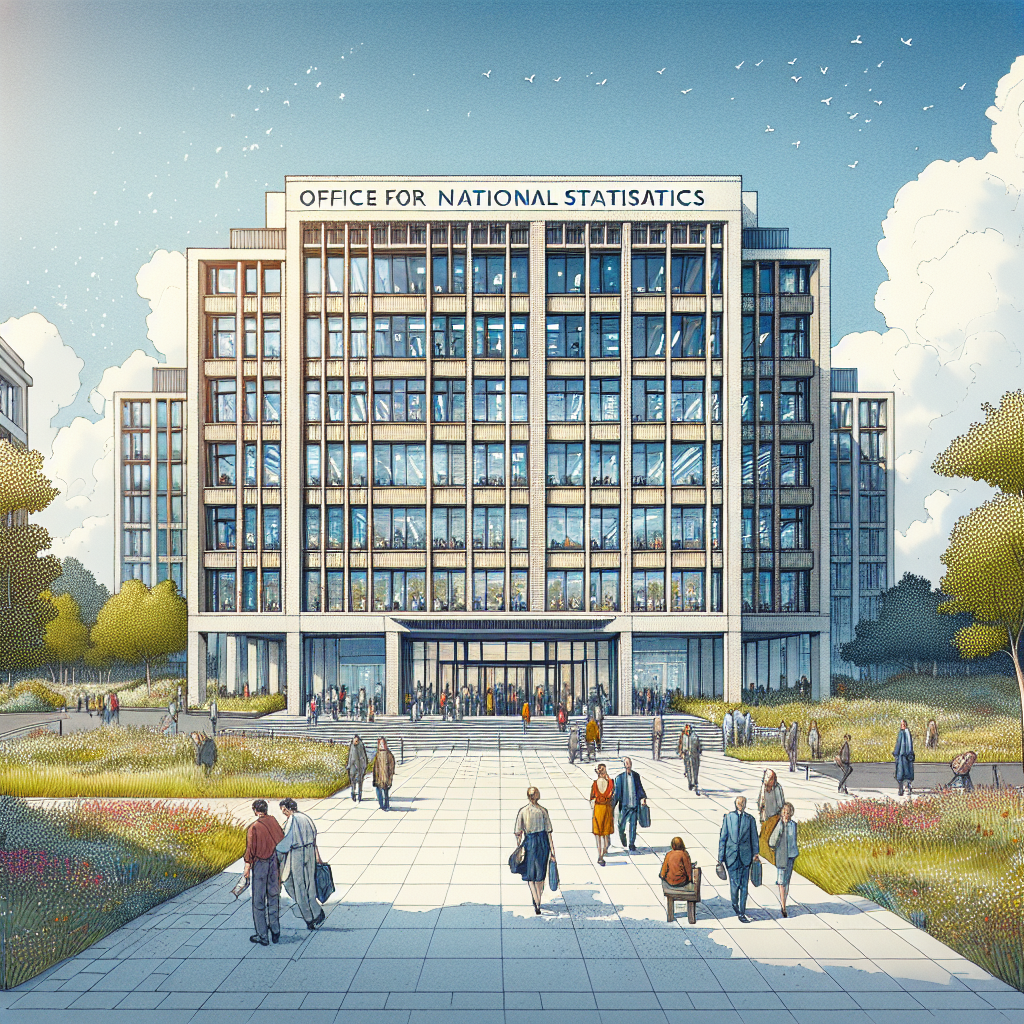The War on Data: Navigating the Era of Post-Truth Statistics
In the post-truth era, concerns rise about the reliability of US economic data amidst political attacks on key institutions like the Bureau of Labour Statistics. The article examines the consequences of leadership changes, data destruction, and the rise of alternative sources like satellite technology for financial market insights.

- Country:
- Australia
In an era where truth is increasingly questioned, new doubts have emerged about the reliability of US economic statistics, driven by political attacks on key domestic agencies. This month's weak jobs report drew criticism from US President Donald Trump, who labeled the figures 'phony' and ousted Bureau of Labour Statistics head Erika McEntarfer.
Amid these events, Trump's administration continues to undermine institutions critical to the integrity of economic data, highlighted by further dismissals, including a Federal Reserve governor. In response, stakeholders are increasingly turning to alternative data sources, such as satellite imagery, for real-time economic insights.
The shake-up raises concerns about data independence and quality, especially as significant cuts and dismissals within statistical agencies impact the precision of crucial economic indicators. The Federal Reserve relies on such data to set interest rates, underscoring the wider economic repercussions of data manipulation.
(With inputs from agencies.)










